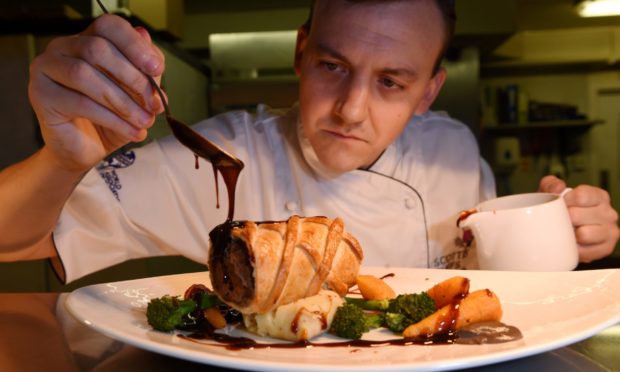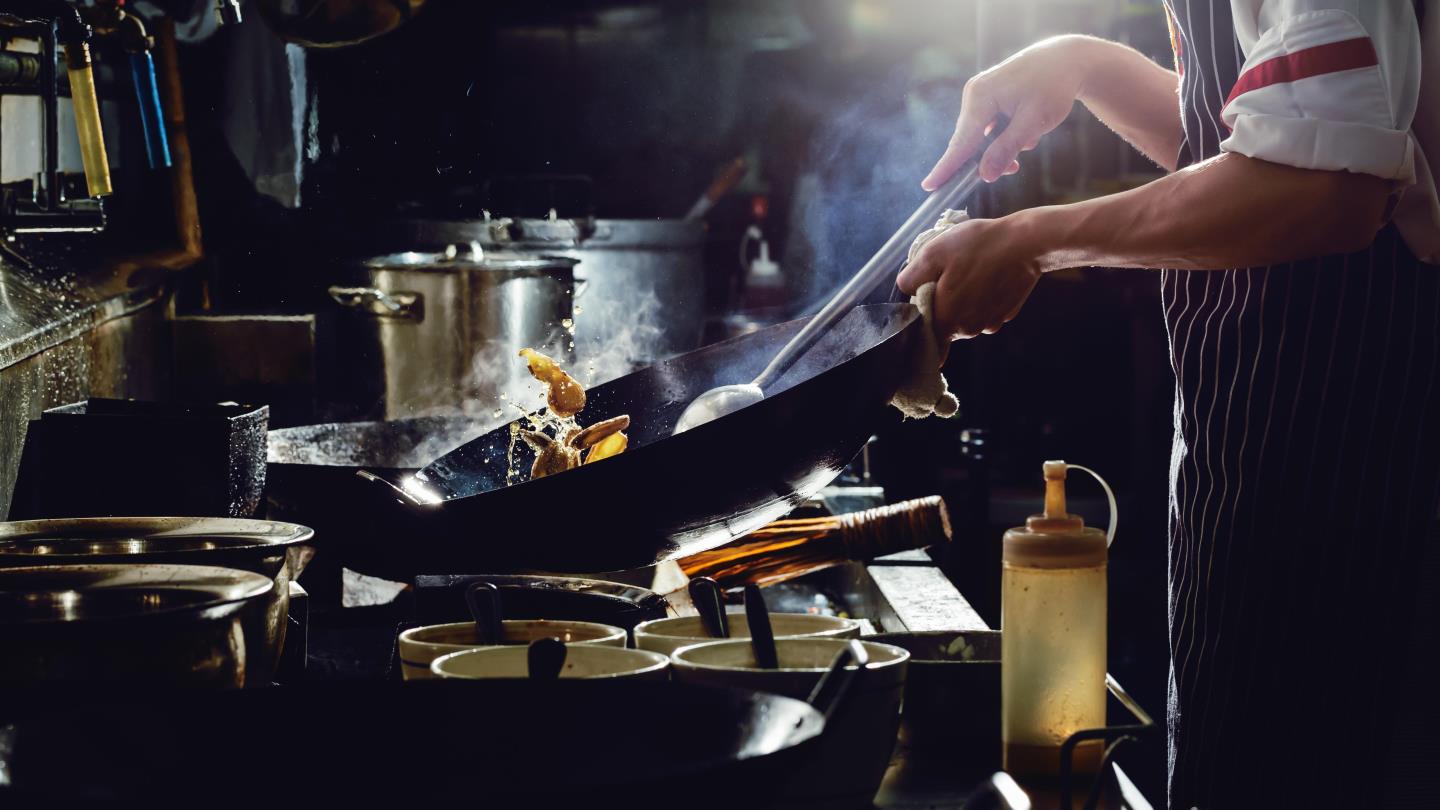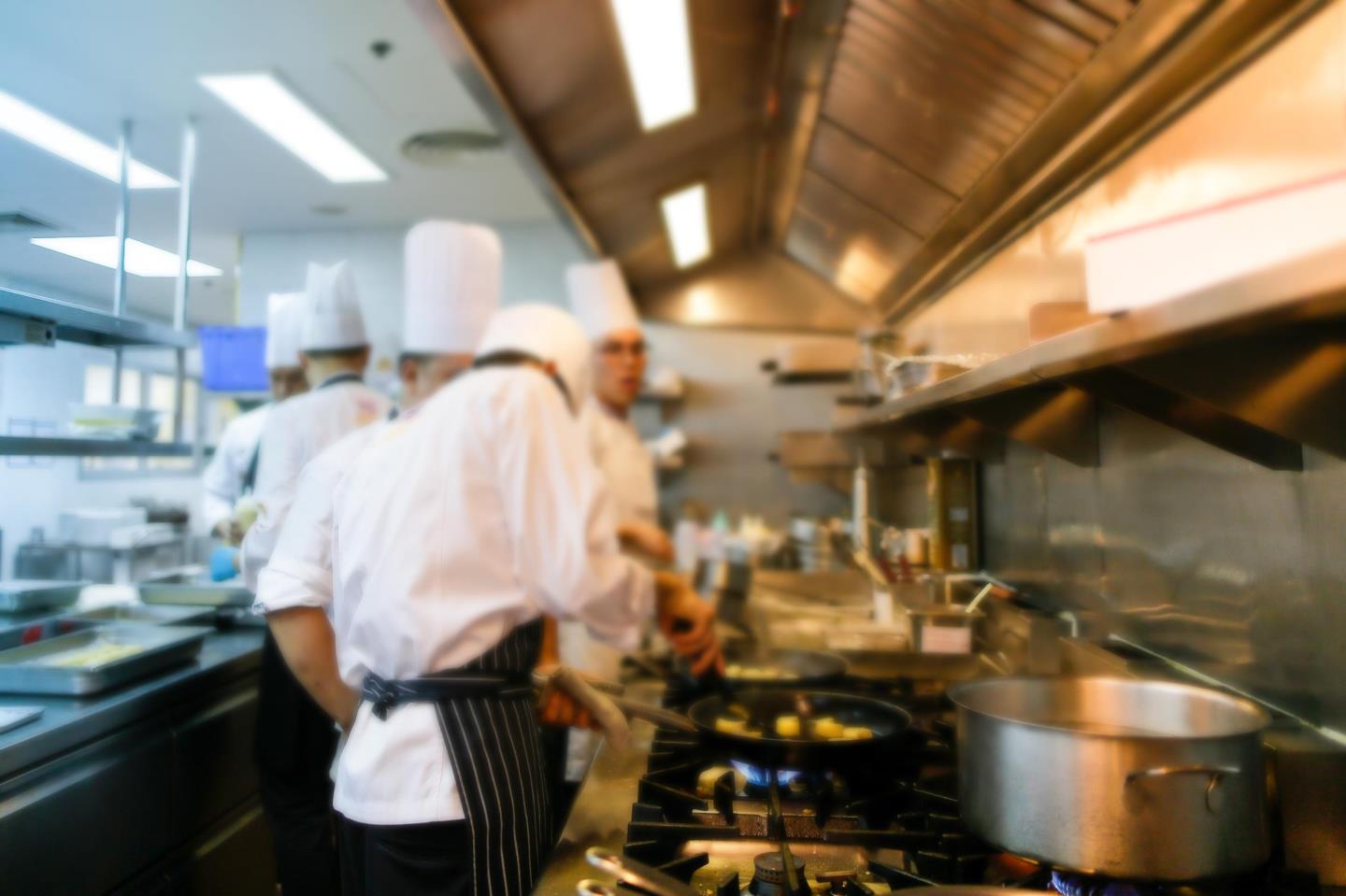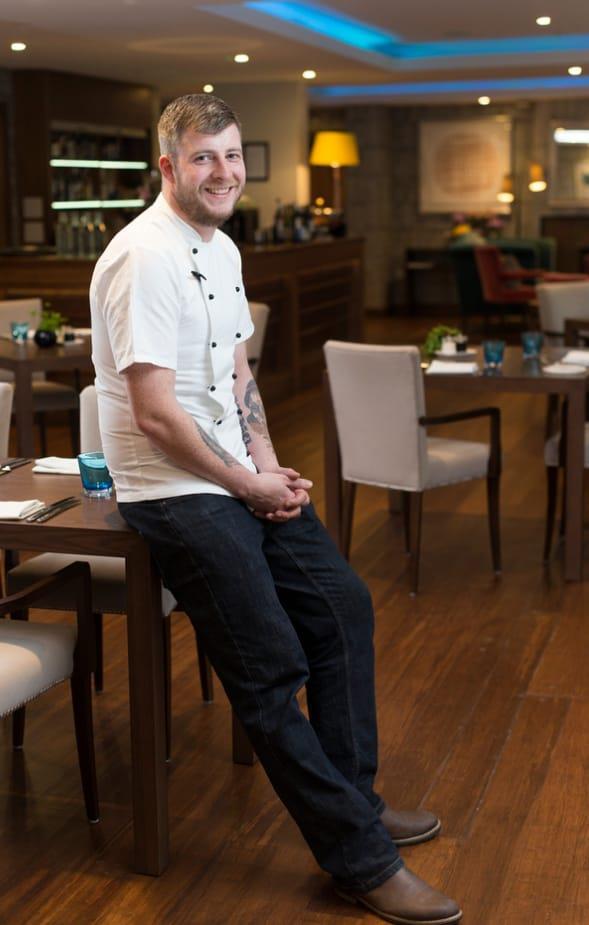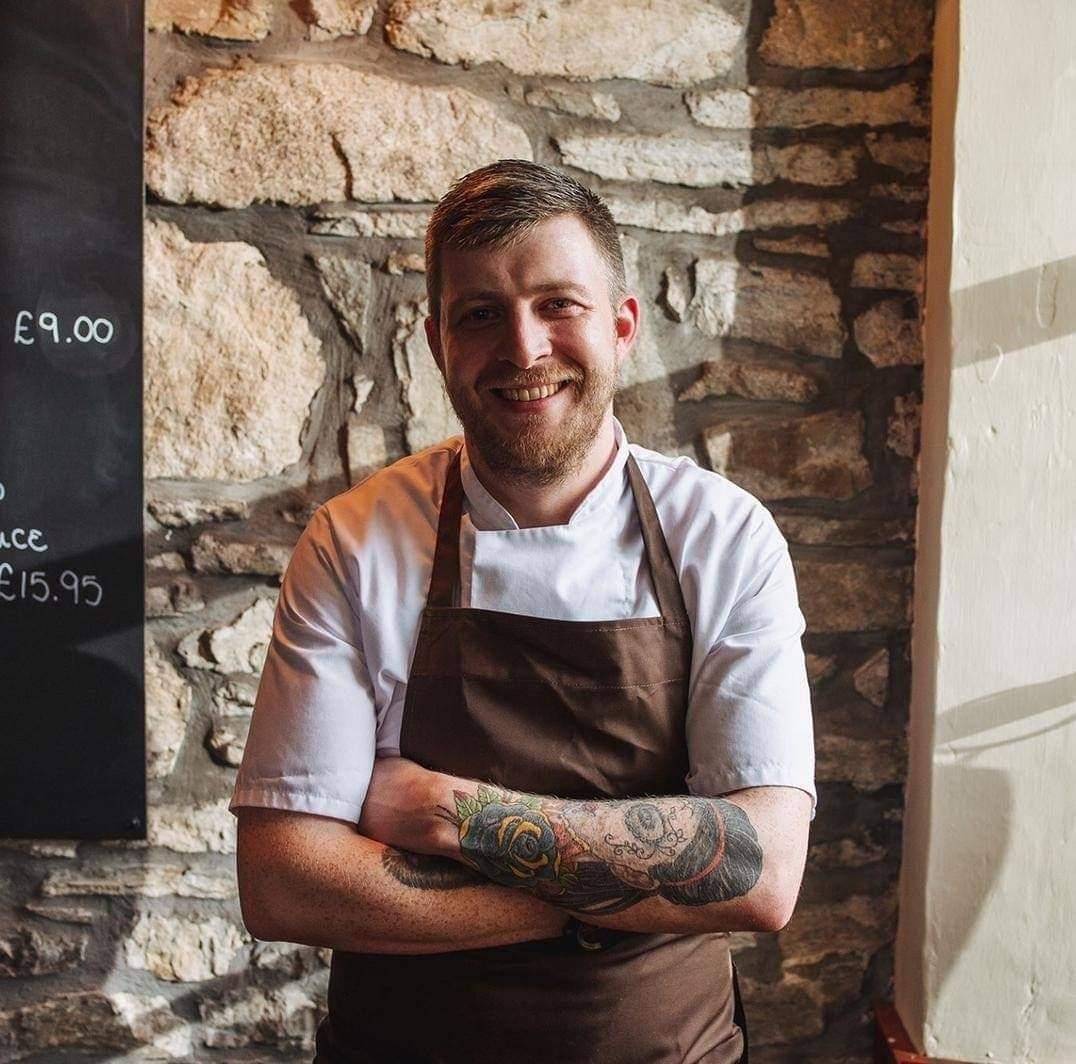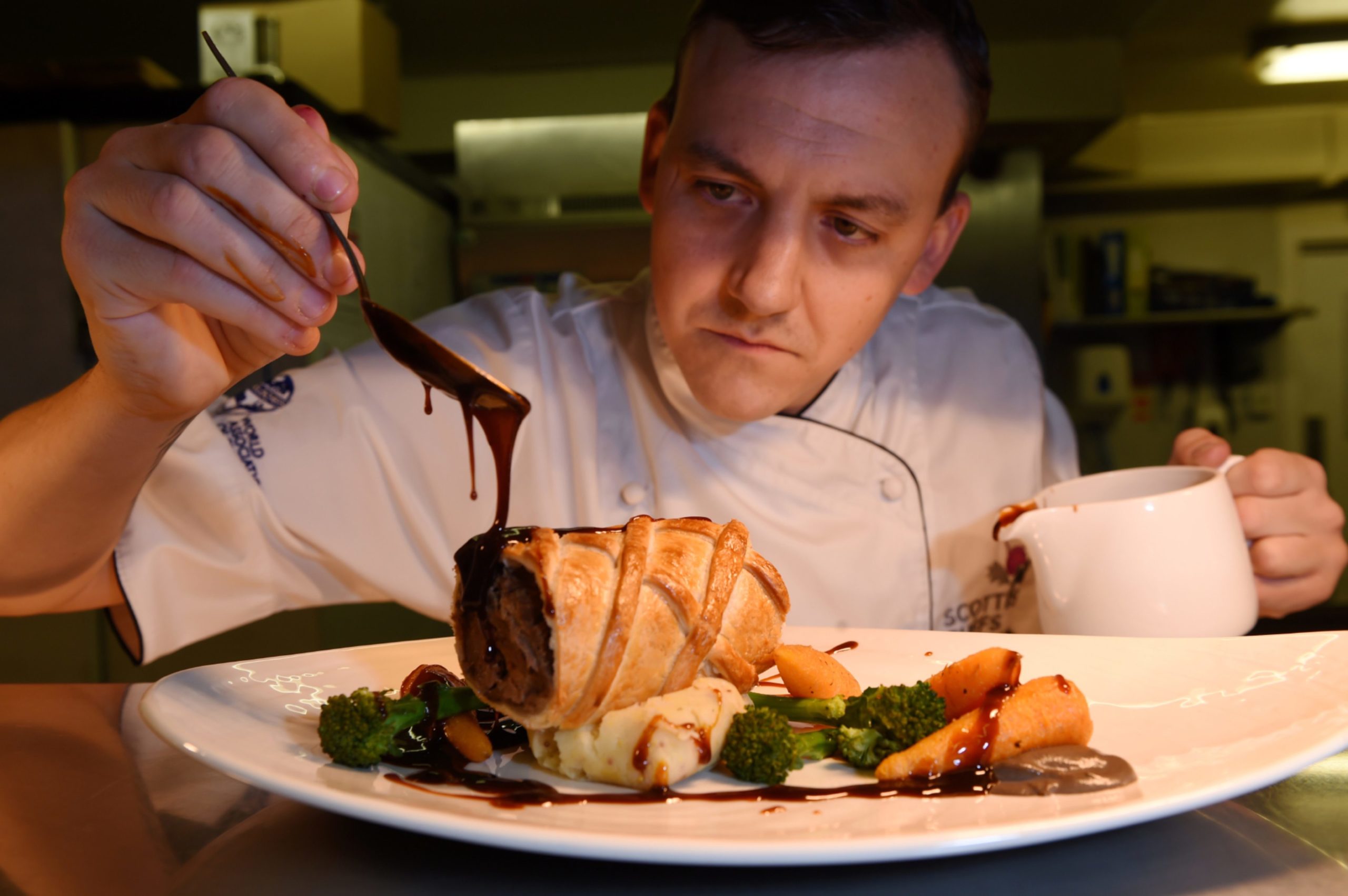As restrictions continue to ease for many sectors, including hospitality, what does the future hold for the chefs of Scotland? And do we have enough to keep our beloved independents going?
For hospitality, there have been many victims throughout the pandemic, however, with the country in the process of trying to get back to “normality’, a crisis which has been bubbling away for years has now reached boiling point, putting restaurants and venues across the country at risk of potentially having to close.
The shortage of chefs available currently is as a result of a disastrous series of events. A sprinkling of 70 to 80 hour weeks, a pinch of poor pay, throw in mental illness and the lack of focus on wellbeing in general in there and you’ve created a recipe for disaster.
The “rise of celebrity chefs” and the aspiration to be famous momentarily thanks to social media has spiralled out of control said one chef on a closed Scottish chef’s Facebook group, not to mention the introduction of “agency work”, according to another.
Why now?
But why, when the industry and customers need chefs most, are they nowhere to be found?
David Cochrane, MBE and chief executive of HIT Scotland, a charity which runs fundraising opportunities to provide learning experiences for those studying or working in hospitality, says while furlough has kept many individuals in jobs, the hard task will be ensuring the lost talent is recuperated.
He said: “A huge amount of the workforce have been on furlough and there’s been uncertainty around bringing people back to work not knowing what the custom would be like. The real sad aspect is that head chefs and restaurant managers have spent so long building their teams and then when you don’t have customers, you almost lose your team overnight. You can’t bring seven pastry chefs back to work at the same time if the custom isn’t there for big banquets and conferences.
“Furlough being extended to September is great and very helpful, but the challenge is, if you are a creative chef you might not want to wait 14 to 16 months to get back to work when you have other pressing financial needs to take care of.”
Social distancing
He also highlighted that social distancing in kitchens and the impacts of Brexit may also be a few factors at play regarding the shortage of chef talent.
“Distancing in kitchens means there’s a reduced workforce in the space, so that has a knock-off effect. It goes right down to the supply chain as they might not be able to keep up with initial demand either. That has resulted in limited menus and then there’s less requirement for as many chefs again,” said David.
“A lot of the migrant workforce have gone home, and according to figures, it equates across the UK to around 1.3 million people. I would bet a good percentage of those individuals would be in the supply chain or hospitality industry. It is either a challenge to come back with no flights or quarantine, or they have gone elsewhere.
Andersons Restaurant – Highlands
Joseph Fisher, head chef of Andersons Restaurant in Boat of Garten moved to the area three years ago to take on the role. Making sous chef at 19, the 32-year-old has spent the past 16 years in the industry.
His boss, restaurateur Steve Anderson, recently spoke out about the challenges he is facing in recruiting staff.
Working no more than 60 hours across five days a week, Joseph is the only chef currently working at the restaurant as a result of a lack of available chefs.
He said: “There isn’t anyone coming through. We’re now running with just me in the kitchen and we’re sticking to 30 covers a night as a result. Andersons had built up such a good name and we don’t want to damage that. It has left everyone in a real tight position all around this area.
“With restrictions, we’d be looking at 45 covers, but with the season coming in it would be 70 covers a day at least. I’m maybe part of the last generation of old-school chefs who just crack on and deal with it. It isn’t the best situation to be in, but there’s not really anything we can do about it.
“A lot of chefs seem to have left the trade, which there was always a chance of. Some chefs have gone and been a delivery driver and suddenly they’re at home for dinner and the appeal isn’t there anymore.”
Part of the community
With smaller independents at the risk of closing if they are unable to attract the staff they need, Joseph says these venues, which are so important to the local community, could vanish as a result.
“It is an issue that needs to be worked on from both sides. There’s a lot of chefs not looking at the bigger picture of smaller places. I remember going through Aberdeen and seeing so many independent firms not open yet as they were so unsure financially. My concern is these restaurants are parts of communities, especially Andersons.
“Chefs need to understand that yes we have been abused for many, many years and we have done hours well over what we should have, but there are places who don’t abuse you. Steve is a great boss – I’m very lucky to have met him.
“The curriculum also wasn’t great when I last spoke to colleges. In Inverness chefs go from pillar to post instead of someone taking them on under their wing. There’s a few of the old-school chefs that seem to think screaming and shouting is the way, and that doesn’t appeal to the younger generation. We need to rebuild from the ground up with apprenticeships and starting them off properly.
“We need to use this as an evolution of the hospitality trade. This is the time where we really need to evolve the whole culture from the owners right down to the staff. It isn’t as lucrative a business as it was before and you need to look at a life balance for staff. As frustrating as it is, it has to work both ways.”
Agency
Joseph also admits the surge in chefs turning to work with agencies has also meant some venues have been at the detriment of employing staff through agencies, some of who are paid more than the core team, or don’t even turn up for pre-booked jobs.
“Agency work is a big thing in the Highlands. If they join an agency they can go anywhere so it has created a cycle that isn’t good for anyone. A lot of the agencies will post a job for, say, a head chef in Skye for two weeks for X amount of money.
Chefs need to understand that yes we have been abused for many, many years and we have done hours well over what we should have, but there are places who don’t abuse you.”
Joseph Fisher, head chef of Andersons Restaurant.
“They’d be covering that role for a few weeks and then move on or be kept on. When I used to have staff in London they were on around £10 to £11 per hour. Up here they’re on £15 plus and they also get live-in accommodation, all expenses paid.”
The Newmachar Hotel – north-east
Graham Mitchell, executive chef of The Newmachar Hotel in Aberdeenshire has managed to retain his kitchen staff, with four of them working to churn out more than 1,000 meals between them on the venues reopening week. However, some colleagues haven’t been so lucky.
He said: “I’ve had guys walk out of college say they are more than qualified than they are, demand X, Y and Z and then when I look at their experience they have none. I got to where I am after years and years of hard graft. So many people want to fast route their career before they even have the experience. That is a big issue within the industry.
“The lack of training and skillset of chefs is also impacted it as well. When Covid-19 happened, everyone was put on furlough and then they realised they were stacking shelves or delivering goods for the same money, no stress, no weekends and that sort of thing. I know a few guys who haven’t gone back to being chefs as a result.”
Family life
Graham, who has five children, also says a focus on stabilising the work-versus-life balance will help employers retain the quality staff they desire.
He also highlights the need for more government support in helping the industry get back on its feet.
He added: “People say people don’t leave jobs, they leave employers. Employers need to now take a look at themselves and really look after their staff now. I have been in the kitchen since I was 15 – I know nothing else – but now after furlough and the pandemic, my youngest daughter, who is one and a half, knows who I am as I’ve been at home more and we’ve got a stronger bond in comparison to my other kids who got to see me in the morning and five minutes at night.
“The government really need to step in as the industry is on the brink of collapse. We were fighting for a hospitality minister and it seems to have gone cold again. They need to push more funding and support for hospitality, and provide more training programmes and really help. If they don’t step in the industry will collapse as there isn’t enough staff to populate the jobs.
“Brexit has happened in the middle of all this and the importing and exporting of goods has changed, too. When I’m ordering food in, the price of some food I’m paying is ridiculous. But I can’t go pushing prices up as customers won’t like that. Then minimum wage has also gone up too – companies just can’t afford it.”
Hospitality consultancy
Andrew Scott, who runs Victus Consultancy, a hospitality consultancy firm which works with boutique hotels, luxury bars and restaurants, coffee shops, cafes and visitor attractions, agrees there are numerous factors at play.
Living in Milnathort in Perth and Kinross, Andrew has clients in Aberdeen, Blair Atholl, Glasgow, Edinburgh, Fraserburgh, Blair Drummond and also owns a coffee shop and a cafe.
He said: “People are starting to employ people to fix the gap right now, but that is the wrong thing to do. Some employers are advertising signing-on bonuses – giving individuals money upfront to join them.
“I’m speaking to five different agencies about getting chefs for a client, but then these are the same people coming through the job ads, too. The money some people are asking for is bonkers, especially off the back of a pandemic. There’s lots of business’ who have so many future plans, but the thing is, will they make it there?”
Being part of the conversation
Andrew has recognised that while the conversation on mental health increases in society in general, it has only been recently that chefs have felt like they have had a voice and want to continue the conversation around finding a better work and life balance.
“A lot of people are now enjoying being at home, taking their kids to school and being with their families. They are realising as well that money isn’t everything and working every hour under the sun isn’t everything either. They are happy to earn less, yet be present.
“The Hospitality Health mental health charity and I have done a mental health first aid course. There’s so many business’ getting in touch with me to help motivate their kitchen teams, these are the teams they are particularly focusing on. I’ve been doing Zoom calls with them all and talking to them about it. The chefs feel they have been ignored in their coming out of Covid-19 conversation. No one is talking to the kitchen about it especially when restrictions are so strict for customers within hospitality.”
What needs to be done?
So what needs to change? David Cochrane of HIT Scotland says the industry needs to revaluate its practices to fill the gaps.
“The industry needs to look at its practices on a whole. They could look at more flexible working and look at all ages from 18 to 80. There are maybe people from other sectors that we could introduce to hospitality, too, who have been impacted by the pandemic. The industry is going to have to be creative in filling in the gaps which are appearing.
“Even sharing staff and building the links with local colleges and schools will hopefully be a positive thing that comes out of this.
“Every sector is massively recruiting, but it’s not just restaurants who are looking for talent, it’s retail, healthcare, the care sector and other industries, too, who will be looking for chef talent. It is a viable industry and won’t go away, but it has had a huge earthquake which has shaken it to its core so we need to support it, and its staff, as much as we can.”
